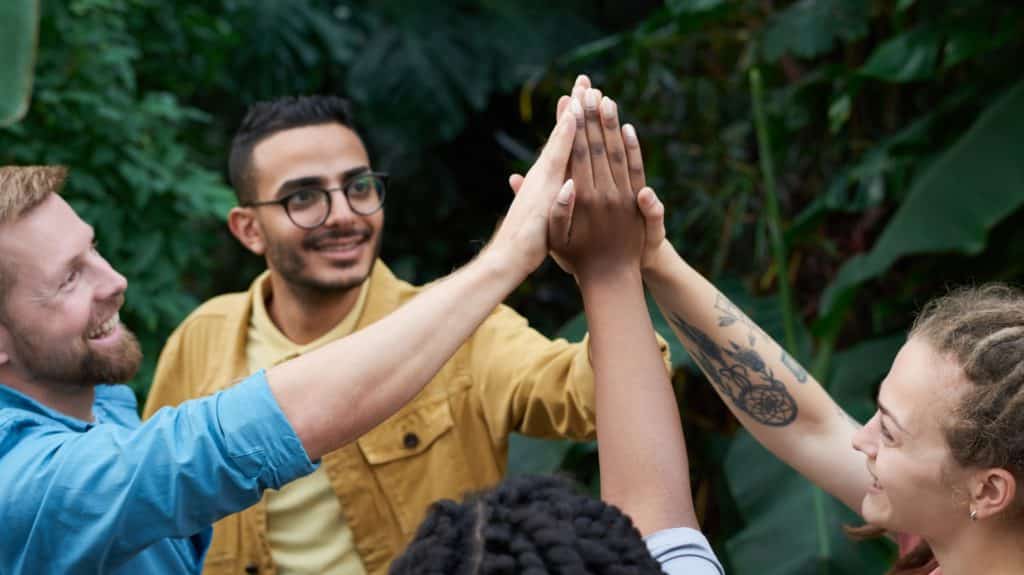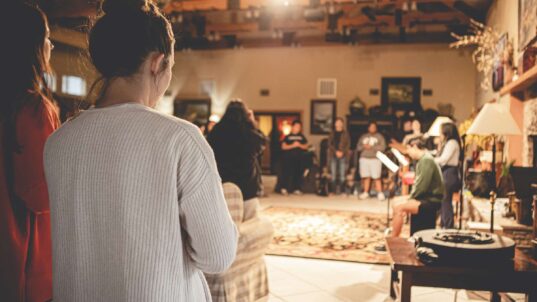
Photo by fauxels from Pexels
Making meaningful accommodations for inclusion
Professor Anita Watkins had received an accommodation notice for Norm, a student in an upcoming class. While the accommodation request did not specifically label Norm’s disability, it asked Professor Watkins not to expect him to participate in class discussions. This was not a new request for Watkins. She suspected that Norm was on the autism spectrum. She had handled these cases by asking students with similar accommodations to observe discussions with her and do a short report on how they thought they went. She had the same plan for Norm.
This plan worked for the first few weeks of the semester, but then the pandemic erupted. Watkins shifted the class to a remote format, using Zoom for the class discussion sessions. She asked Norm simply to observe the discussions as he had been doing, and write a short report on how he thought the discussions went.
To Watkins’ surprise, Norm started speaking up in the discussions. Apparently, Norm felt a lot more comfortable with electronic input. While his comments rambled at times, Watkins was overjoyed that he was contributing. Watkins joined his discussion group as an observer so she could intervene if things went off track. When Norm contributed, she would identify a key point he made and expand on it. This seemed to give Norm confidence and his subsequent comments were more focused.
Often when we make accommodations for individuals, we can also rob them of the experiences that others are receiving. What Watkins discovered by accident was that we can also make accommodations in a more inclusive way, helping address the challenges that others face.
We need to be more creative about inclusion of special needs students in our classroom discussions. As a result of her experiences, Watkins planned to vary her discussion format to provide for a greater spectrum of students. As she reflected on her years of teaching, she started to think about the way she might have involved students she had taught with severe hearing loss, visual impairments, Tourette syndrome, ADHD, and other situations.
* * *
“Knowledge of what is possible is the beginning of happiness.” – George Santayana (philosopher, poet, novelist)
This post is part of our “Think About” education series. These posts are based on composites of real-world experiences, with some details changed for the sake of anonymity. New posts appear Wednesday afternoons.



